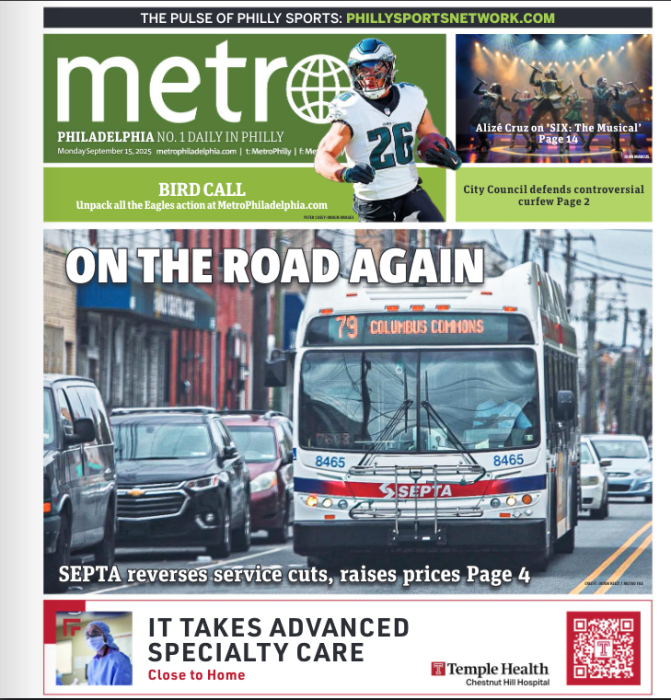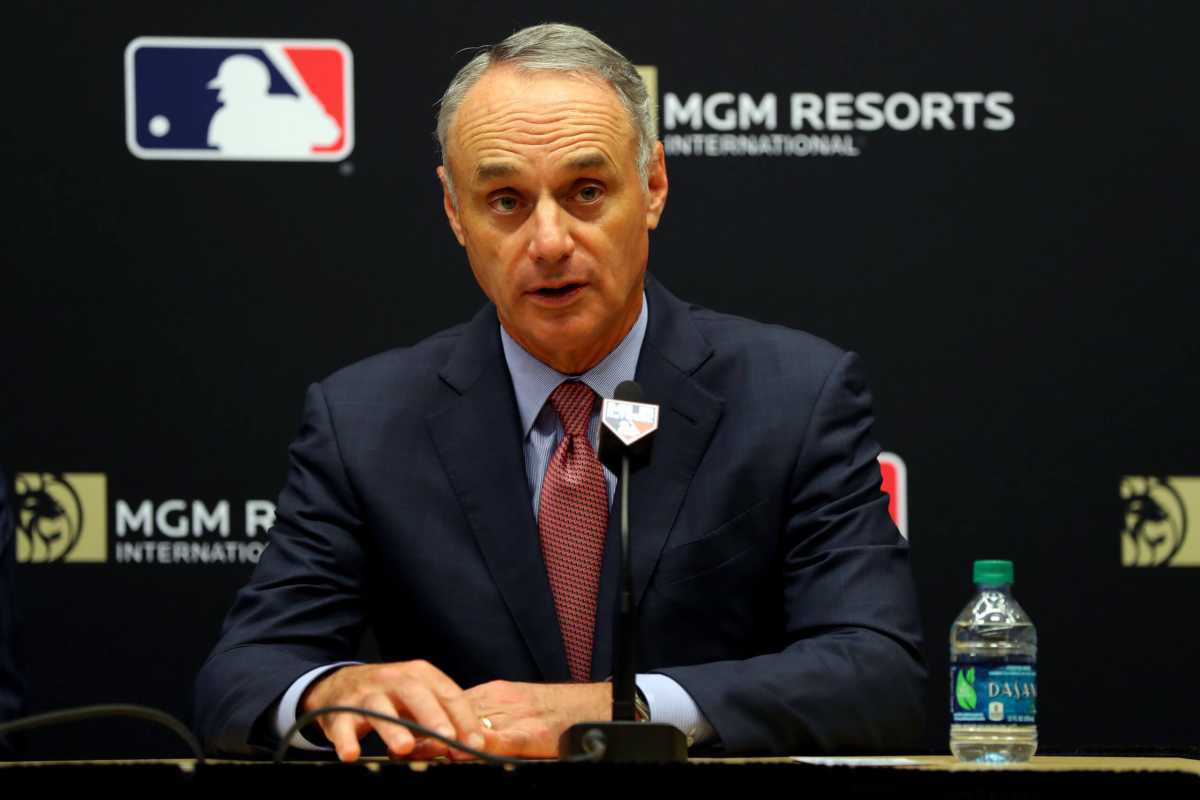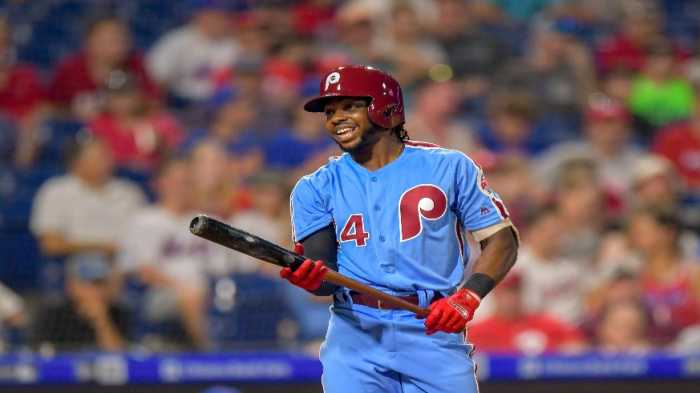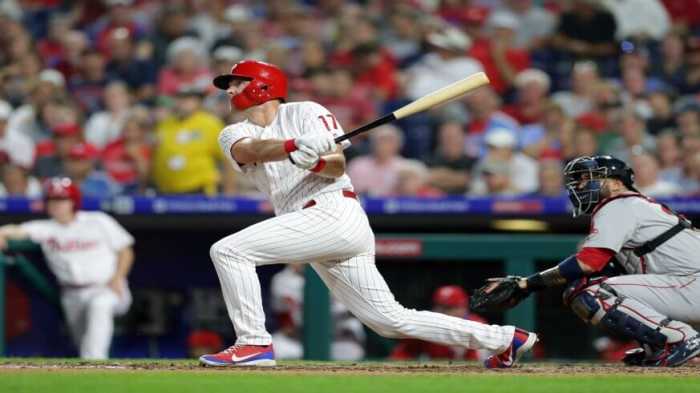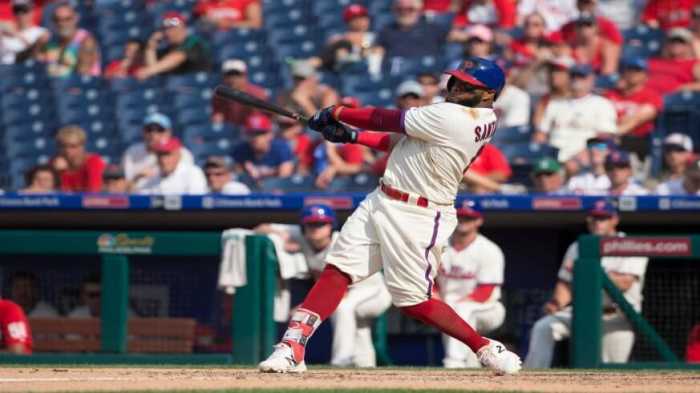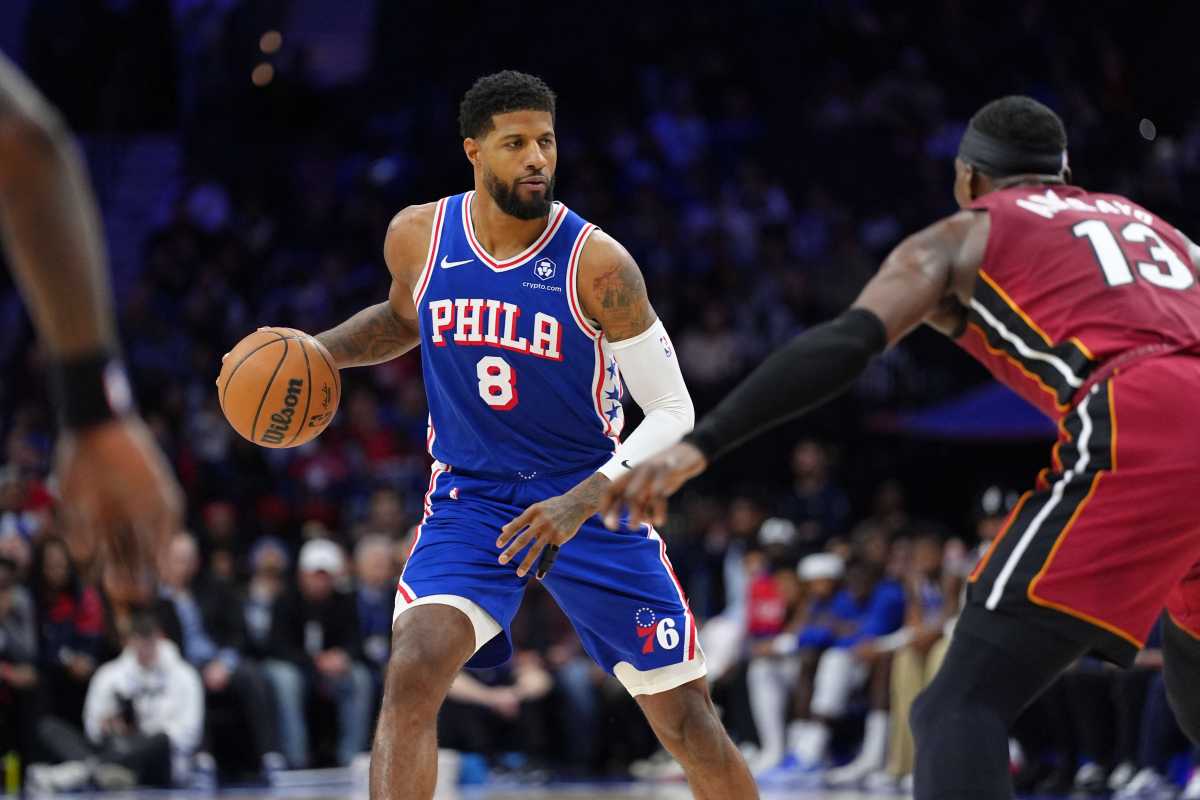Rather than speculation or hypotheticals, Major League Baseball will begin the process of discussing a legitimate return plan for the start of the 2020 season with a conference call with owners on Monday, as first reported by The Athletic’s Ken Rosenthal.
If the owners are behind the proposal, the league will present it to the player’s union (MLBPA) on Tuesday.
While most aspects of baseball’s restart are subject to change due to the unpredictable nature of the coronavirus pandemic, the initial hope is that an approximate 78-to-82-game regular season will be able to start up in early July.
The hope is that all teams would be able to play in their home ballparks, including both New York clubs despite being located in the United States’ epicenter of the COVID-19 pandemic.
If there are teams unable to play in their home stadiums, they will be relocated to their spring-training sites or another MLB park.
Games will be played without fans for the time being, which means the league could ask players to take another pay cut considering there would be no gate sales or revenue from concessions, in-stadium merchandise, etc.
Unlike previous reports, the league will not be split up into three geographical divisions that would disband the American and National Leagues for the 2020 season.
Rosenthal noted that teams would only face in-division opponents and those in “the same geographic division in the opposite league.”
For example, in a 78-game season, the Phillies would play their NL East rivals — the Mets, Braves, Nationals, and Marlins — in four three-game series. They would then play American League East sides — the Yankees, Red Sox, Rays, Blue Jays, and Orioles — in two three-game series.
A truncated regular season would lead to an expanded playoff that would see seven teams in each league make the postseason rather than five. The top team in each league would get a bye to the Division Series while the two other division winners and the top wild-card seed facing the bottom three wild-card teams in a best-of-three first round.
For this plan to gain traction, though, MLB would need acceptance from medical experts while widespread and efficient testing would be readily available for players and staff heading back to work.
